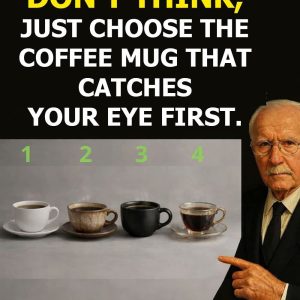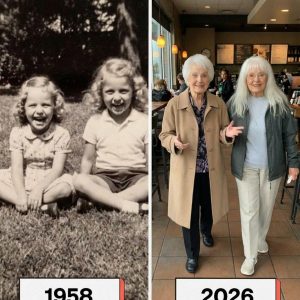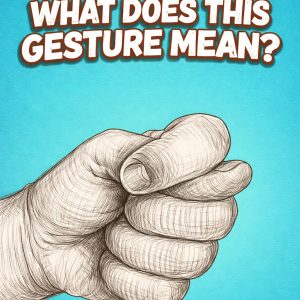He came in wearing a wrinkled coat and well-worn shoes. No badge. No assistant. A man in his late seventies carrying a folder and humming a Sinatra tune.
“Excuse me, sir,” the receptionist said, glancing nervously. “This lobby is for clients and staff only.”
“Oh, I know,” he smiled. “I’m here for a meeting.”
A group of junior employees passed by and snickered.
“Probably another confused retiree,” one of them whispered.
“Maybe he’s here to fix the coffee machine,” another joked.
No one offered him a seat.
The receptionist called upstairs, then hung up and looked startled. “They said… to send you right up.”
The laughter stopped.
He took the elevator alone.
Ten minutes later, a high-ranking executive burst into the lobby, eyes wide. “Where did he go? Was he just here?”
They pointed upstairs. “Room 14C.”
He muttered something under his breath and ran.
Because the man they laughed at?
Was the founder.
The majority shareholder.
The reason the company existed.
And now the door to the boardroom was closed.
And the quiet man was about to decide who stayed… and who didn’t.
His name was Silviu. Most of the staff didn’t know it.
They only saw his portrait in the hallway once a year during the company’s anniversary party, draped in balloons and LED lights, like a mascot.
The younger employees, especially in marketing, thought of him more like a relic than a real person.
They never expected him to actually show up.
In that boardroom, behind the closed door, ten directors sat upright, their backs straighter than ever. They hadn’t seen Silviu in person in almost five years. Some thought he’d sold his shares.
Others assumed he had retired completely, playing chess in a park or traveling the world with whatever money was left after the IPO.
But no.
Silviu had been watching.
From a distance, yes, but always keeping track.
The folder he carried was thin but organized. Inside were notes, printed emails, and handwritten memos. Not about finances. Not about the stock price. About people. About behavior.
He’d spent the last six months talking to former employees. Janitors. Middle managers. Even some interns. Quietly, without fanfare. Just conversations over coffee or long walks. He listened more than he spoke.
And what he heard worried him.
His once modest, close-knit company had turned into a machine. Profitable, yes. But cold. Arrogant. There were whispers of disrespect, of toxicity in the lower ranks. Promotions based on charm instead of contribution. Layoffs disguised as “optimization.” And at the core of it—pride without purpose.





